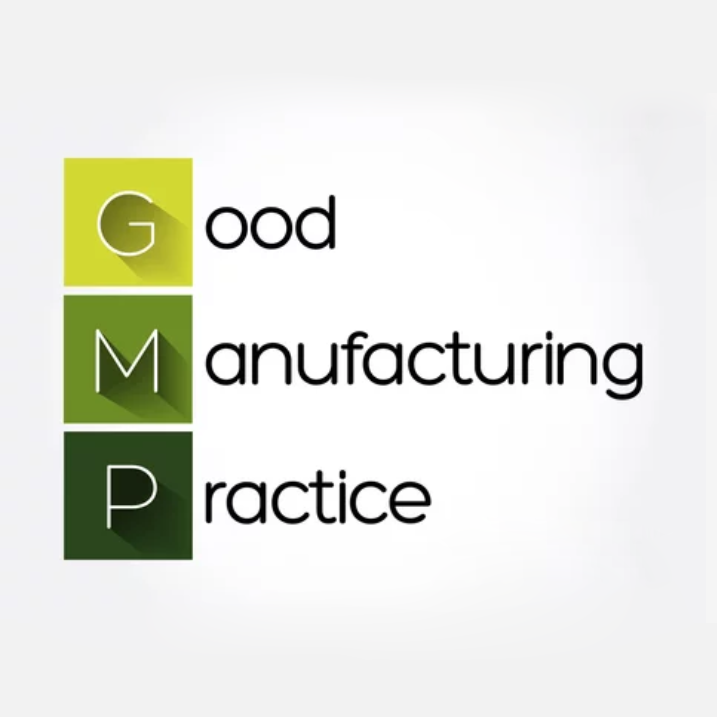
Upholding Good Manufacturing and Engineering Practices demonstrated by Axis
Introduction:
Good Manufacturing and Engineering practices are paramount in ensuring the integrity, sustainability, and societal impact of technological advancements. Axis Solutions Pvt Ltd is committed to upholding these principles throughout its operations, prioritizing transparency, accountability, and responsibility. This white paper explores the Transparent and Ethical framework guiding Axis Solutions Pvt Ltd and presents a case study exemplifying its application in a real-world scenario.
Good Manufacturing and Engineering Practices at Axis Solutions Pvt Ltd:
- Transparency and Accountability: Axis Solutions Pvt Ltd fosters a culture of transparency and accountability, ensuring that all stakeholders are informed about the design, development, and manufacturing processes. This includes clear communication about product specifications, supply chain practices, and adherence to statutory guidelines and regulations.
- Environmental Sustainability: The Company recognizes its responsibility to minimize environmental impact and promote sustainability in its engineering and manufacturing activities. Axis Solutions Pvt Ltd implements eco-friendly practices, such as energy-efficient manufacturing processes, waste reduction strategies, and responsible sourcing of materials.
- Fair Labor Practices: Axis Solutions Pvt Ltd is committed to upholding fair labor practices throughout its supply chain. This includes ensuring safe working conditions, fair wages, and respect for labor rights. The company conducts regular audits to monitor compliance with Good labor standards and takes corrective action when necessary.
- Product Safety and Quality: Axis Solutions Pvt Ltd prioritizes the safety and quality of its products, adhering to rigorous standards and regulations. Engineers and manufacturing teams undergo training to uphold product safety protocols, and quality control measures are implemented at every stage of the manufacturing process to ensure consistency and reliability.
Case Study on Product Development Process at Axis Solutions Pvt Ltd
Company Background:
Axis Solutions Pvt Ltd is a leading firm specializing in sustainable solutions for various Engineering and Automation industries. With a focus on innovation and transformative engineering, the company is dedicated to developing products that improve efficiency while minimizing environmental impact.
Scenario:
Axis Solutions Pvt Ltd embarks on a new product development initiative aimed at revolutionizing industrial production processes. The company’s goal is to create a transformative technology that enhances efficiency, reduces waste, and promotes sustainability throughout the production cycle.
Good Guidelines in Product Development:
- Environmental Impact Assessment: Before initiating product development, Axis Solutions and R&D Team conducts a comprehensive environmental impact assessment to understand the potential ecological consequences of the new Product Development. This assessment considers factors such as resource consumption, emissions, and waste generation.
- Stakeholder Engagement: The Organization and its Management actively engages with stakeholders, including environmental organizations, community representatives, and industry experts, to gather feedback and insights on the potential Transformative implications of the new product development. This collaborative approach ensures that the product development process takes into account diverse perspectives and concerns.
- Good Design Principles: Axis Solutions integrates Industry Acclaimed design principles into the product development process, prioritizing features and functionalities that promote sustainability, resource efficiency, and environmental stewardship. This includes designing the technology to minimize energy consumption, optimize material usage, and facilitate end-of-life recycling or repurposing.
- Transparency and Accountability: Throughout the product development lifecycle, Axis Solutions maintains transparency and accountability by documenting its decision-making processes, disclosing relevant information to stakeholders, and soliciting input from independent statutory review boards. This commitment to transparency helps build trust and credibility with customers, investors, and regulatory authorities.
- Continuous Improvement: Axis Solutions adopts a continuous improvement approach to product development, continually seeking ways to enhance the Good and environmental performance of its technologies. This involves ongoing research and development efforts, as well as monitoring and evaluation processes to identify areas for optimization and refinement.
Adaptation on Regulatory Certifications
At Axis Solutions Pvt. Ltd. The Good Engineering and Manufacturing Practices are backed and supported by Mandatory Certifications and in today’s interconnected global market, Axis Solutions Pvt Ltd recognizes the paramount importance of upholding the quality, safety, and compliance standards of its electronic products. This entails strict adherence to a spectrum of stringent regulations and standards, encompassing ISO 9001 for the establishment of robust Quality Management Systems (QMS), full compliance with the Restriction of Hazardous Substances (ROHS) directive, adoption of lead-free soldering methodologies, and acquisition of CE certification. Here’s how Axis Solutions Pvt Ltd seamlessly integrates these practices into its manufacturing and engineering workflows, leveraging its existing suite of certifications and adhering meticulously to industry norms.
Conclusion:
Axis Solutions Pvt Ltd exemplifies the importance of Good engineering and manufacturing practices in the technology industry. Through transparent communication, environmental stewardship, fair labor practices, and proactive supply chain management, the company upholds its commitment to integrity, sustainability, and societal well-being. As demonstrated by the case study, Good Manufacturing and Engineering Practices considerations are integral to the company’s operations, guiding decision-making and fostering trust among stakeholders.


